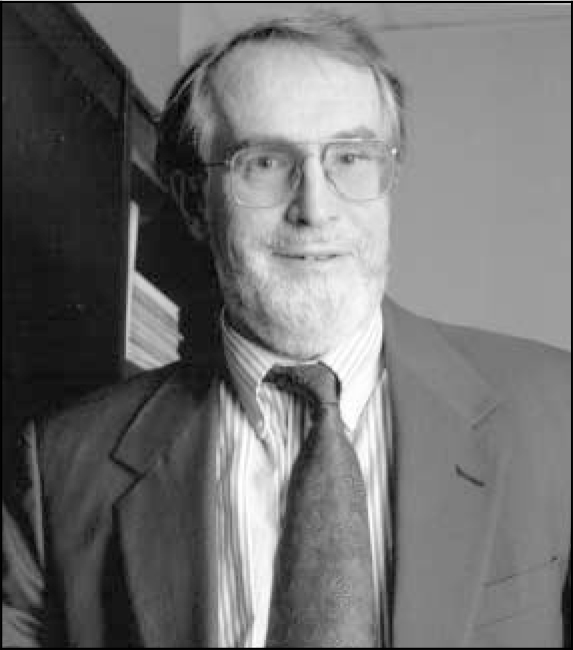Dr Torrey is Executive Director of the Stanley Medical Research Institute, which supports research on schizophrenia and bipolar disorder. He is a Professor of Psychiatry at the Uniformed Services University of the Health Sciences. He was born in Utica, New York and educated at Princeton University, McGill University School of Medicine, and Stanford University School of Medicine.

If you were not a psychiatrist, what would you do?
In fantasy, I would be a professional hockey player.
What are your interests outside of work?
I enjoy sports and classical music, especially opera and the baroque period. I also kayak, travel extensively with my wife and enjoy our two grandchildren.
What job gave you the most useful training experience?
The most useful job I have ever had was two years as a Peace Corps physician in Ethiopia. After you have done a caesarean section under open-drop ether anaesthesia and treated a lion bite, you believe that you can handle any illness.
What part of your work gives you the most satisfaction?
My greatest satisfaction comes from knowing that I am working on the cause and treatment of two devastating diseases that bring about great pain and misery, not only for those afflicted but for their families as well. It is also intellectually exciting, being on a research frontier and exploring research questions never before explored. It is like exploring parts of an exotic country where nobody has ever been before you.
What is the most promising opportunity facing the profession?
I think we now have the technology to solve the causes of severe psychiatric disorders, including schizophrenia, bipolar disorder, severe depression and obsessive - compulsive disorder. This would be a major boon to mankind and should be the first priority of the psychiatric profession.
What single change would substantially improve quality of care?
To improve psychiatric services in the United States, the most important change would be to improve the system of reimbursement. Private providers and managed care companies should be paid a minimum flat rate for each patient in their care and then receive additional payments dependent on patient outcomes. Thus, the companies would gain financially if they kept their patients from becoming homeless or being jailed, got them employed, etc. The financial rewards would come from providing more services; currently providers profit by providing fewer services.
What conflict of interest do you encounter most often?
The biggest conflict of interest in psychiatry is taking money and other benefits from pharmaceutical companies, then pretending that it does not influence our prescribing behaviour or the way we write up our research. I am astounded by the ability of my otherwise intelligent colleagues to rationalise their self-interest. Members of our profession are in danger of becoming full-time pharmaceutical company prostitutes.
How would you entice more medical students into the profession?
Medical students should be assigned to work with a family with a severely mentally-ill member for the duration of their training, including periodic visits to the home. They should also be given an opportunity to work in psychiatric research laboratories if they wish. Severe psychiatric disorders are one of the most intellectually exciting and rewarding areas in medicine, and we have done a poor job of selling our profession to the students.
What is the most important advice you could offer to a new trainee?
I would tell any student interested in psychiatry to train in neurology first. In fact, the two training programmes should be merged. To train in psychiatry without also training in neurology in the 21st century is a waste of time.
How should the role of the American Psychiatric Association change?
The American Psychiatric Association has become an aging relic of the past and a union to protect members' financial self-interests. It is widely considered to be irrelevant and has been losing members. It should evolve into a true professional organisation that represents the interests of our patients, not just our own interests. But I am not holding my breath.
What is the future for psychotherapy in psychiatry training and practice?
I think psychotherapy should have no future in psychiatric training. Psychotherapy can be done very effectively by psychologists, social workers and well-trained counsellors. It is a waste of medical training to use it for psychotherapy.
What single area of psychiatric research should be given priority?
Severe psychiatric disorders should be given research priority, on economic and humanitarian grounds as well as because they present such a great opportunity in terms of brain research technology now available. In the United States, the National Institute of Mental Health has failed to prioritise this research area. In the UK, the Medical Research Council has been equally deficient.



eLetters
No eLetters have been published for this article.